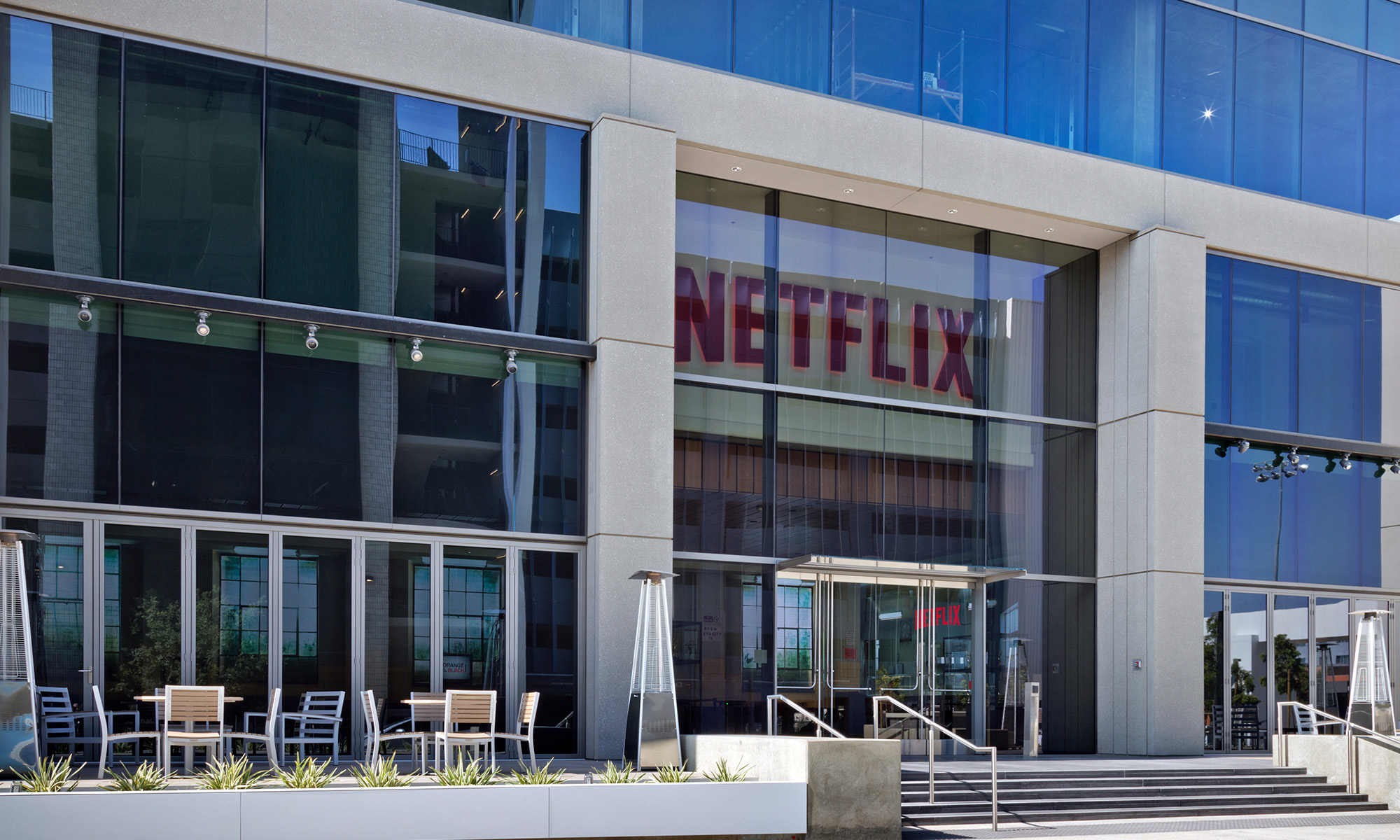Netflix, (NFLX 0.15%) has been hinting since the beginning of 2014 that it was time for a price increase in most of its markets, including the U.S. CEO Reed Hastings made it very clear from the beginning that any price increase would apply only to new members at first, while "existing members would get generous grandfathering of their existing plans and prices."
Less than a month ago, Netflix told investors that it was planning to raise prices soon, but was still weighing its options. During the company's Q1 earnings interview, Hastings told analysts that Netflix would raise its monthly subscription price by $1-$2, and would give existing subscribers a 1-2 year grace period.

Netflix is raising prices for new members in order to invest in more content
When Netflix finally announced its price increase to the public earlier this month, it opted for the most generous terms under consideration. The price will go up by only $1/month, and current subscribers will get a full 2-year grandfathering of their existing rates. This is obviously the best possible scenario for customers -- but is it the best for investors? Or did Netflix just chicken out?
The long-awaited price increase
Many Netflix investors and analysts have been salivating for a price increase for a while now. Most Netflix bulls believe that the company has plenty of pricing power, and could therefore get more revenue per user without jeopardizing its growth. If true, this would mean that Netflix could boost its profit margin dramatically by raising prices.
In this context, the current plan is a bit of a letdown. In the U.S., Netflix will get roughly $425 million in incremental annual revenue from its more than 35 million streaming subscribers when the price increase fully kicks in. However, that won't be until mid-2016.
In the meantime, Netflix will only get the extra $1/month from new subscribers (or people who quit and eventually rejoin). The vast majority of Netflix subscribers will be paying the old rates, so the price increase will have a minimal financial impact for the next two years.

Netflix's price increase won't have much of an impact on the company's finances until 2016
Furthermore, Netflix is only raising prices for the standard plan that allows 2 simultaneous streams. Last year, Netflix introduced a 4-stream plan for families, so that several people could watch different streams at the same time. This plan has remained at $11.99/month for now.
Netflix also just introduced a basic plan that allows 1 stream at a time and does not include HD streams; this plan is priced at $7.99/month. Thus, consumers who are more concerned about price than video quality and don't need to watch simultaneous streams can still join Netflix at the "old" price.
The virtue of being conservative
Some Netflix bulls may feel put off by the price change announcement. The hoped-for margin boost won't be happening until 2016, and even then it won't be nearly as dramatic as would have been the case with a $2 price increase in the U.S.
However, it was wise for Netflix to move cautiously on increasing prices. Raising prices always creates the risk of backlash from current customers or a slowdown in growth. As modest as Netflix's price increase was, there were still plenty of complaints attached to the blog post and Twitter message announcing the price increase.
A bigger increase -- or a shorter grace period -- would undoubtedly have led to many more complaints. For long-term investors, that's a poor trade-off. The most important way to build Netflix's long-term value is to ensure that it keeps its current customers happy and continues to attract new ones.
The company's market cap of more than $20 billion indicates that investors think Netflix will eventually earn billions of dollars in profit each year. A bigger price increase might boost annual earnings by an extra $300 million (after-tax) in the short term. That would still be a bad trade-off for slower subscriber growth. Netflix's long-term opportunity is a whole lot bigger than $300 million.
Foolish bottom line
Perhaps Netflix did "chicken out" by opting to go easy on its price increase. However, at most it risks losing out on a few hundred million dollars for a few years. On the other hand, if it had gone with a bigger increase or if it had given existing subscribers only 1 year of "grandfathering," Netflix could have seen a brief pop in profitability but an abrupt slowdown in growth.
Netflix's strategy involved far less risk and entailed a very small opportunity cost. Considering the damage Netflix incurred the last time it implemented a major price increase, this seems like a very wise strategy indeed.






